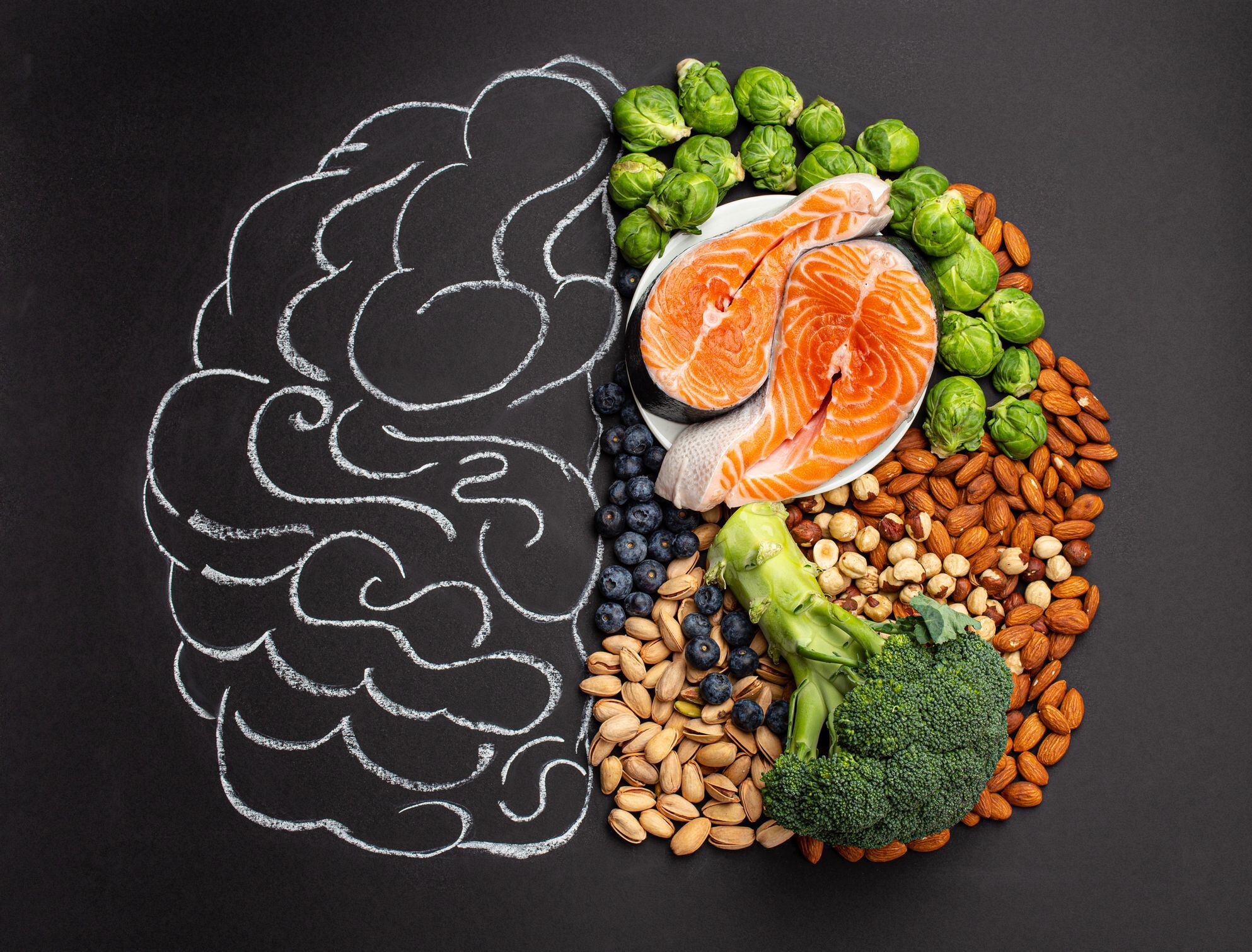Sleep in the Modern World
Modern society undervalues rest, especially sleep. We all have busy lives. Long commutes and long working hours take a big portion of what should be time dedicated to rest. When people get home exhausted it is easier to find relaxation on technology. TV and social media are taking another good portion of our nights. There is barely time to sleep. However, no sleep no health.
Sleep Deprivation
Those who have children know how imperative sleeping is. The first few weeks at home with a newborn are exhausting. Especially when the baby decides to show up at dawn, like my first! Gabriel was born at 3 am. It took me weeks to adjust my routine and find those brief and precious moments to take a catnap. We, mothers, know how bad being sleep-deprived feels. We also can tell when kids need a nap just by noticing their behavior change, which is evident from birth until around the age of six. Sleep affects children’s mood, behavior, and energy level. Grownups are no different. Yet most of us take sleep for granted.
No Sleep No Health
Both quantity and quality of sleep are essential to your physical, mental, and emotional health and well-being. Sleep is more than we realize. Several vital physiological processes only happen during sleep. You sleep but, your body never does!
Restorative Sleep
An interesting and not widely known fact is that while asleep your internal organs rest and regenerate. This means tissue repair, muscle growth, protein synthesis, and detoxification occur when we’re sleeping. Rest is also critical to your immune and endocrinal health. Hormones that help regulate appetite, stress, growth, metabolism, and other bodily functions are all released at night.
The quality of sleep is key because only during REM and dreaming phases memory consolidation occurs, which means a good rest is essential for learning. Sleep specialist Dr. Rubin Naiman – IIN’s visiting faculty member and author of Healing Night, states emotional healing also happens during dreaming. Another of IIN’s visiting faculty members Dr. Drew Ramsey – psychiatrist and author of Eat to Beat Depression and Anxiety, state rest is crucial to our mental health as well.
Sleep and Mental Health
In his book, Dr. Ramsey mentions the glymphatic system as one of the recent breakthroughs in brain health. Described in 2012, the glymphatic system was named after its similarity with the body’s lymphatic system. It flushes out the brain’s “garbage,” or neurotoxins making it the brain detox system. In order to do its job effectively though, the glymphatic system needs your body in restorative sleep cycle. Therefore, sleep and dreams are essential for brain detox. If the glymphatic system can’t clean up the neuro pathways, the resulting buildup can cause serious health implications like memory loss, anxiety, depression, and even Alzheimer’s. Again, no sleep no health.
Take Advantage
Everyone requires quality sleep for optimal health and well-being however, the number of hours varies depending on people’s age and bio-individuality. A good rule of thumb for adults is at least 7 hours every night. To take advantage of all its benefits make sure you’re getting a night of good quality sleep. The first thing to guarantee quality is bedtime. Yes, bedtime matters for kids and adults alike, especially for women, who ideally should go to bed between 8 and 10 pm.
Circadian Rhythm
Times are important due to our circadian rhythm, the body’s natural rhythm. Controlled by sunlight, this cycle lasts the 24 hours of the day and regulates the main metabolic processes in the body. In the first hours after sunset, the internal organs already begin their cycle of regeneration and repair. That’s why going to bed as early as possible is important.
Stress Response
Sleep doctors say one hour of sleep before midnight counts as two! The reason behind the quote is that at the beginning of the dark hours, around 9 pm, the adrenal glands begin their repair cycle. Among other things, adrenal glands (the ones that sit on top of your kidneys) regulate the nervous system response between “fight or fly” or “rest and digest”. Those are the common state names for the central nervous system’s predominance into sympathetic and parasympathetic mode which affects our entire metabolism.
Stress causes a response in the body that shifts the nervous system to the sympathetic response mode preparing your body to “fight or fly”. In this mode stress hormones are released, the heart rate increases, blood vessels constrict, digestion slows, and the immune system is suppressed. All this to make you ready to run from the prey and save your life!
When you stay up late you are inhibiting the adrenals’ recovery and consequently causing more stress on your body. If you have a hectic life, difficulty in losing weight, or are suffering from hormonal imbalance – case in point for premenopausal and menopausal women, going to bed by 10 pm is paramount.
Sleep Hygiene
It is not easy to go to bed early, but worth a trial. Creating a bedtime routine is helpful for kids and adults alike. It’s like stepping on breaks, it allows your body to slow down gradually. Good sleep hygiene is recommended even by the CDC and includes sticking to a schedule; Shutting off electronic devices for at least one hour before bed; Setting a bedroom ambiance cool and dark; And, seeking relaxing activities to wind off the day, like a prayer, meditation or breathing exercises. You might as well avoid meals 3 hours before your bedtime. If your body is digesting food, there is no time for rest and repair.
Melatonin – the queen of nighttime physiology
The sleep hygiene goal is to maximize Melatonin production, the sleep hormone. The blue light of electronics for instance, makes your brain think it is daytime. Therefore, it signals to suppress the sleep hormone release. It might be easier but, taking melatonin as a supplement shouldn’t be the first option. No synthetic medication will be as effective as the one your own body makes. Artificial ways to put you to sleep, legal or illegal, are even worse. You might get your hours in, but with no healing effect. Research has shown that all drugs (including alcohol) interfere with the REM cycle and suppress dreaming.
Another little-known tip to improve natural melatonin production is exposure to natural light. Being outdoors, especially in the early morning, is a double dip for our immune system! In addition to triggering vitamin D synthesis – well-known as essential for immunity, the body also increases melatonin production.
Final Words
You might be feeling slumber after reading all this information! This evening it might be worth rethinking whether you should watch another episode of your favorite series, catch up on social media, or even do some research before bed. A good conversation, a good book, cuddles with your significant other or pet, and a relaxing bath are all excellent alternatives to nourish all dimensions of your health and yet prepare you for a good night’s sleep. Night night!
Anna.
As hydration, sleep is costless and crucial for your health. If you want to know more about the importance of hydration read my blog post Hydration: key for better health.




